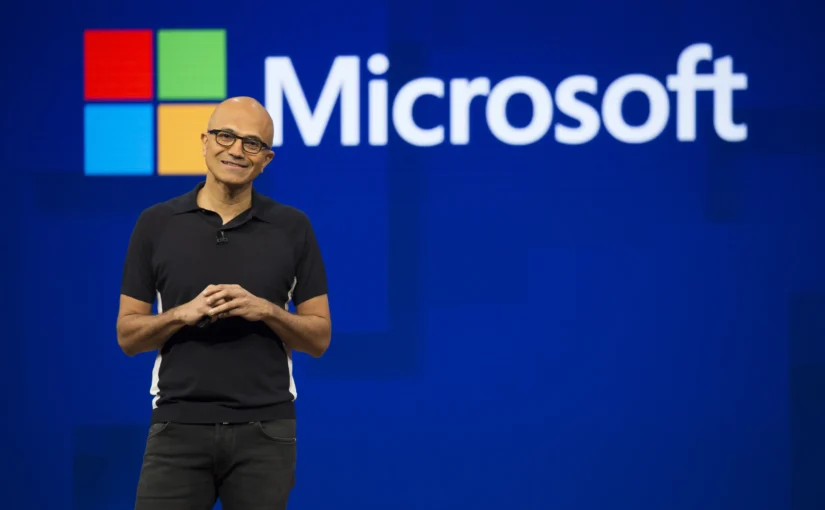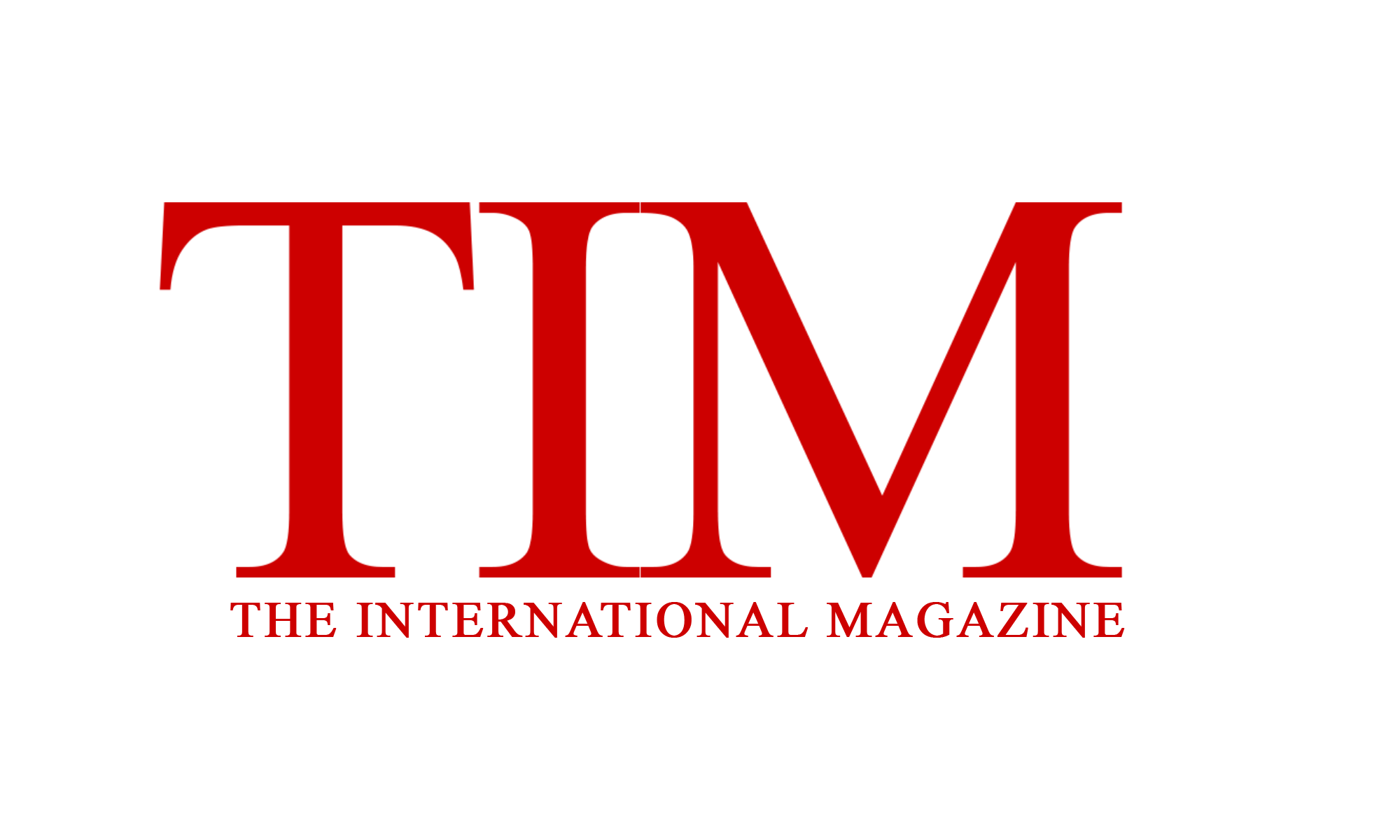Meet the Millennial Founder Ivan Zhao: Building a $10 Billion Startup on Ancient Philosophy

In a world where tech startups often chase innovation for the sake of disruption, Ivan Zhao stands out as a visionary leader who turned to timeless wisdom for inspiration. The founder and CEO of Notion, a productivity platform now valued at $10 billion, Zhao credits his company’s meteoric rise to the influence of an ancient philosophy: Taoism.
The Birth of Notion
Founded in 2013, Notion began as a humble idea to revolutionize productivity tools. Zhao, a design enthusiast with a passion for simplicity, envisioned a workspace that could adapt to the needs of its users. “We wanted to create something that felt like Lego,” Zhao once said, “where every piece is flexible, and you can build your system however you like.”
What makes Notion unique is not just its drag-and-drop interface or seamless integration of tasks, notes, and databases, but the philosophy underlying its design. Inspired by Taoist principles of balance and flow, Zhao built Notion to be intuitive and unintrusive—a tool that works with you, not against you.
A Philosophy Rooted in Simplicity
Taoism emphasizes harmony, adaptability, and simplicity, values Zhao has deeply embedded in Notion’s DNA. In interviews, he frequently references Laozi’s teachings, particularly the idea of “wu wei,” or effortless action. This approach has guided Notion’s growth strategy, focusing on organic user adoption rather than aggressive marketing.
“Technology should empower, not overwhelm,” Zhao says. “The best tools are invisible—they fit so seamlessly into your life that you almost forget they’re there.”
From Startup Struggles to Unicorn Status
Notion’s journey wasn’t without its challenges. In its early years, the company struggled to gain traction and even faced the brink of failure. Zhao and his small team spent years refining the product, guided by a belief in quality over quick wins. This patience paid off. By 2018, Notion had gained a cult following among students, creatives, and entrepreneurs.
The platform’s minimalist yet versatile design resonated with users who wanted more control over their workflows. Today, Notion boasts millions of active users worldwide, including companies like Amazon, Pixar, and Nike.

A New Kind of Leadership
At a time when tech leaders often dominate headlines for their bold personalities or controversial decisions, Zhao is a refreshing anomaly. Soft-spoken and introspective, he leads with humility and a deep sense of purpose. His leadership style mirrors the Taoist principle of leading by example and fostering an environment of creativity and autonomy.
Zhao’s success also reflects a broader shift in the tech world: the rise of mission-driven businesses. By blending ancient wisdom with cutting-edge technology, Zhao has shown that the future of innovation doesn’t have to sacrifice humanity or depth.
What’s Next for Ivan Zhao and Notion?
Despite its $10 billion valuation, Zhao insists that Notion’s journey is far from over. The company is expanding into new markets and continuously improving its product, with a focus on AI-driven features that align with its core values of simplicity and user empowerment.
When asked about his vision for the future, Zhao’s answer is characteristically thoughtful. “I want Notion to be more than just a tool,” he says. “I want it to be a philosophy—a way of approaching work and life with clarity and purpose.”
As the world continues to grapple with information overload, Ivan Zhao’s Notion serves as a reminder that sometimes the most forward-thinking solutions come from looking to the past.












